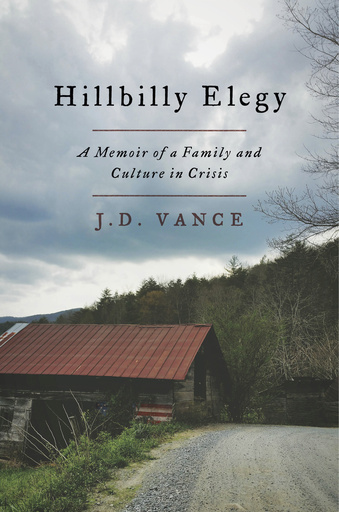J.D. Vance’s rise from a venture capitalist to a potential vice presidential candidate is rooted in his memoir, “Hillbilly Elegy,” which he conceived during his time in graduate school. The bestseller, published in 2016, delves into Vance’s upbringing in rural Kentucky and blue-collar Ohio, shedding light on the shift of Appalachia’s political allegiance from Democrat to Republican. The book garnered national attention, especially after Donald Trump’s unexpected win in the 2016 election. Vance, now 39, wrote “Hillbilly Elegy” while studying at Yale Law School, completing it in his early 30s before its publication by HarperCollins.
In “Hillbilly Elegy,” Vance explores the struggles of his family life and communities facing despair and decline. The book has sold over 1.6 million copies and was adapted into a movie in 2020, earning Glenn Close an Oscar nomination. Vance aimed to challenge societal perceptions and spark conversations about the challenges faced by working-class Americans. Despite gaining praise from conservatives for its critical stance on welfare and work ethics, the book faced criticism for overlooking aspects like racism and providing a narrow view of poverty in America.
Vance’s book became a point of reference post-Trump’s election, offering insights into the Rust Belt region and the connection between marginalized communities and the political elite. While some lauded Vance as “The Voice of the Rust Belt,” others contested his portrayal of rural life, arguing that it failed to capture the complexities of poverty in America. Critiques from individuals within the Appalachian communities focused on the book’s alleged perpetuation of stereotypes and its failure to address systemic issues such as racism and economic inequality.
Despite the book’s bipartisan reception, with both praise and criticism, “Hillbilly Elegy” served as a catalyst for discussions on social issues and the intricate challenges faced by underprivileged communities. Vance’s journey from author to potential political figure underscores the impact of personal narratives in shaping public discourse and political landscapes.


